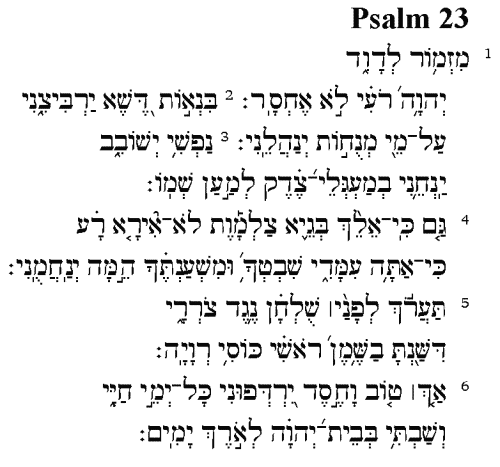From time to time, I think I'll include a few choice quotes from some of my 'favorite' theonomists!
Our first installment comes from Gary North:
Christ warns His people explicitly: "And if any man will sue thee at the law, and take away thy coat, let him have thy cloak also. And whosoever shall compel thee to go a mile, go with him twain." (Matt. 5:40,41). Christ therefore informs His followers that they should give to those in power over them (i.e., if any compel thee) an extra quantity of goods and services over and above the original request. If such a gift were voluntary, we would call such an action a tip or charity. What, then, should we call such an action under conditions involving external coercion? There is a word for it, of course, but legalists may shrink from it. What Jesus advocates is for Christians to bribe the offending official. A bribe is a gift over and above what is legally required or asked for--a gift which will encourage the offending party to leave the Christian and the church in peace. It enables the Christian to escape the full force of the wrath that, in principle, a consistent pagan would impose on Christians if he realized how utterly at war Christ and His kingdom are against Satan and his kingdom. In other words, the bribe pacifies the receiver, just as Solomon said it does. The ethic of the Sermon on the Mount is grounded on the principle that a godly bribe (of goods or services) is sometimes the best way for Christians to buy temporary peace and freedom for themselves and the church, assuming the enemies of God have overwhelming temporal power.~Gary North, "In Defense of Biblical Bribery," in R.J. Rushdoony, The Institutes of Biblical Law (Nutley, NJ: Craig Press, 1973), pp. 845-846Yes, I shrink away from this....and I certainly don't need to be a 'legalist' to do so.
And that's why friends don't let friends become theonomists!







